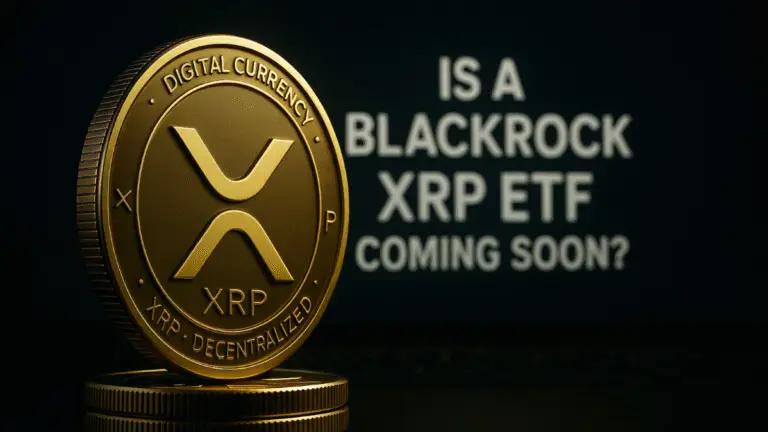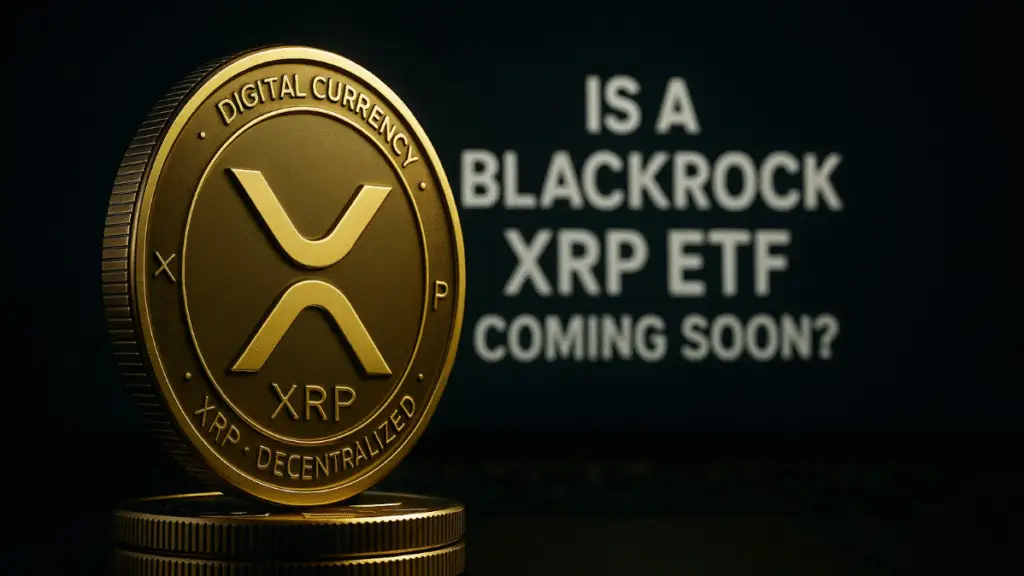Quantum Computing Raises Urgent Security Questions
Solana co-founder Anatoly Yakovenko has sounded the alarm over Bitcoin’s long-term security in the face of quantum computing. Speaking at the All-In Summit 2025, he estimated a “50/50 chance” of a breakthrough in quantum technology by 2030.
Yakovenko argued that Bitcoin must prepare now, urging the community to adopt quantum-resistant signature schemes. He compared the pace of quantum development to artificial intelligence, which rapidly moved from research to real-world deployment.

Why Bitcoin’s Encryption Could Be Vulnerable
Bitcoin transactions are protected by the Elliptic Curve Digital Signature Algorithm (ECDSA), which secures wallet keys against traditional attacks. Classical computers cannot easily solve the underlying mathematics, making Bitcoin reliable for over a decade.
However, quantum computers could eventually crack these codes using advanced algorithms. If this happens, attackers might generate private keys from public data, threatening wallets and the network itself.
Calls for a Quantum-Resistant Upgrade
Yakovenko suggested migrating Bitcoin to post-quantum cryptography sooner rather than later. Such a move would involve shifting to new digital signature schemes resilient against quantum algorithms.
The challenge is that these upgrades could require a hard fork, a divisive process in decentralized communities like Bitcoin. Even with broad agreement, implementation would be technically demanding and politically sensitive.
Recommended Article: Solana Surges Ahead With Record DEX Volume and App Revenue
Experts Warn Quantum Risks May Arrive Sooner
Some cybersecurity experts believe Yakovenko’s urgency is justified. David Carvalho, chief scientist of Naoris Protocol, recently warned that quantum machines could “plausibly rip” through Bitcoin’s protections in less than five years.
He stressed that technological convergence and rapid advancements should not be underestimated. Waiting until 2030 to act, Carvalho argued, could leave Bitcoin dangerously exposed.
Bitcoin Leaders Downplay Immediate Threat
Not all voices in the crypto space see quantum as an urgent danger. Blockstream CEO Adam Back has argued that current quantum systems lack the capacity to attack Bitcoin effectively.
Back estimates that practical threats may only emerge in 20 years, giving the community more time to prepare. Similarly, Jan3 founder Samson Mow said the risk is real but believes Bitcoin will outlast many other systems before quantum becomes critical.
Balancing Innovation and Consensus
The debate highlights Bitcoin’s unique governance challenges. Introducing quantum-resistant cryptography would require global coordination, potentially fracturing consensus in the process.
Supporters of rapid action fear governance delays could become dangerous if breakthroughs arrive earlier than expected. Others emphasize caution, preferring to wait until the technology matures and proven solutions are ready.
The Road Ahead for Bitcoin Security
Despite differing opinions, there is consensus that quantum computing will eventually force Bitcoin to evolve. The timeline is uncertain, but preparations for post-quantum security are already being discussed across the blockchain industry.
Projects like Solana are prioritizing research into quantum-resistant approaches, framing themselves as forward-looking alternatives. Yakovenko’s warning underscores a critical question: can Bitcoin adapt fast enough to protect its $2 trillion network from the next era of computing?















